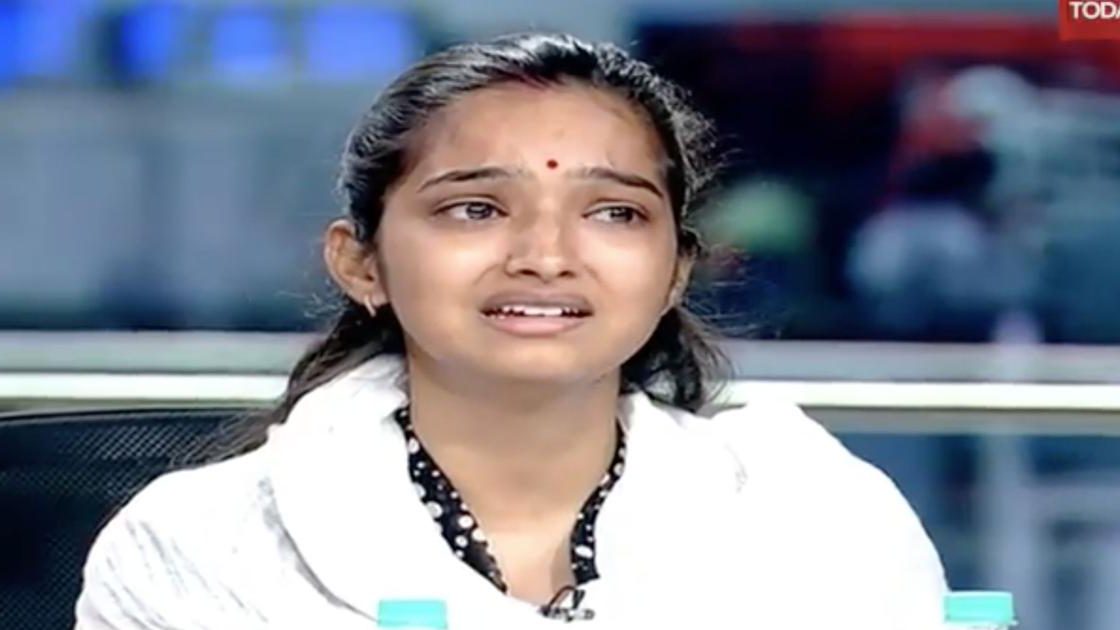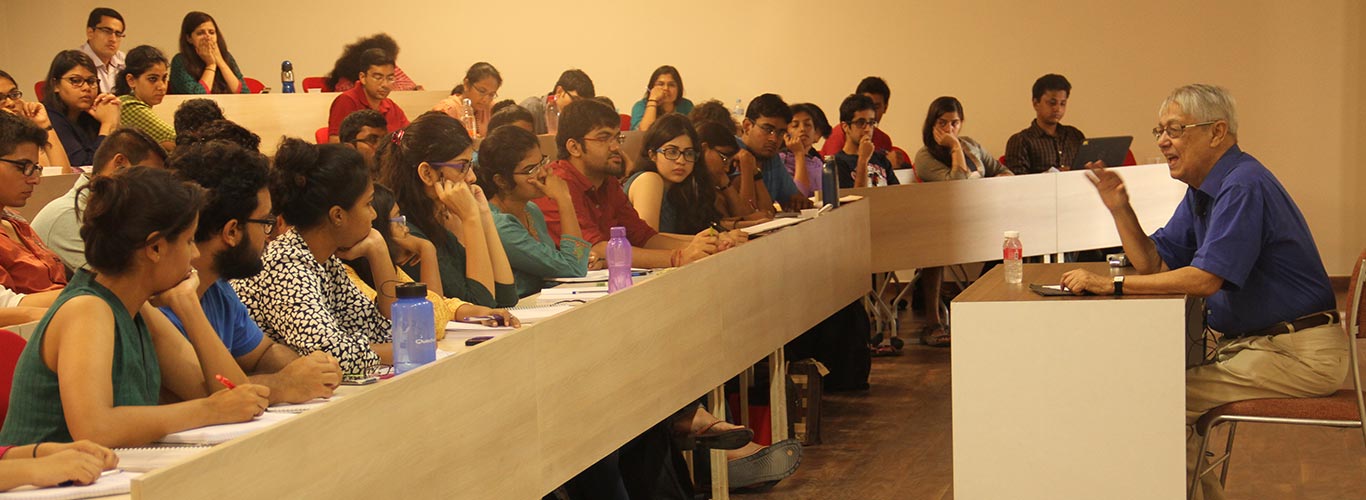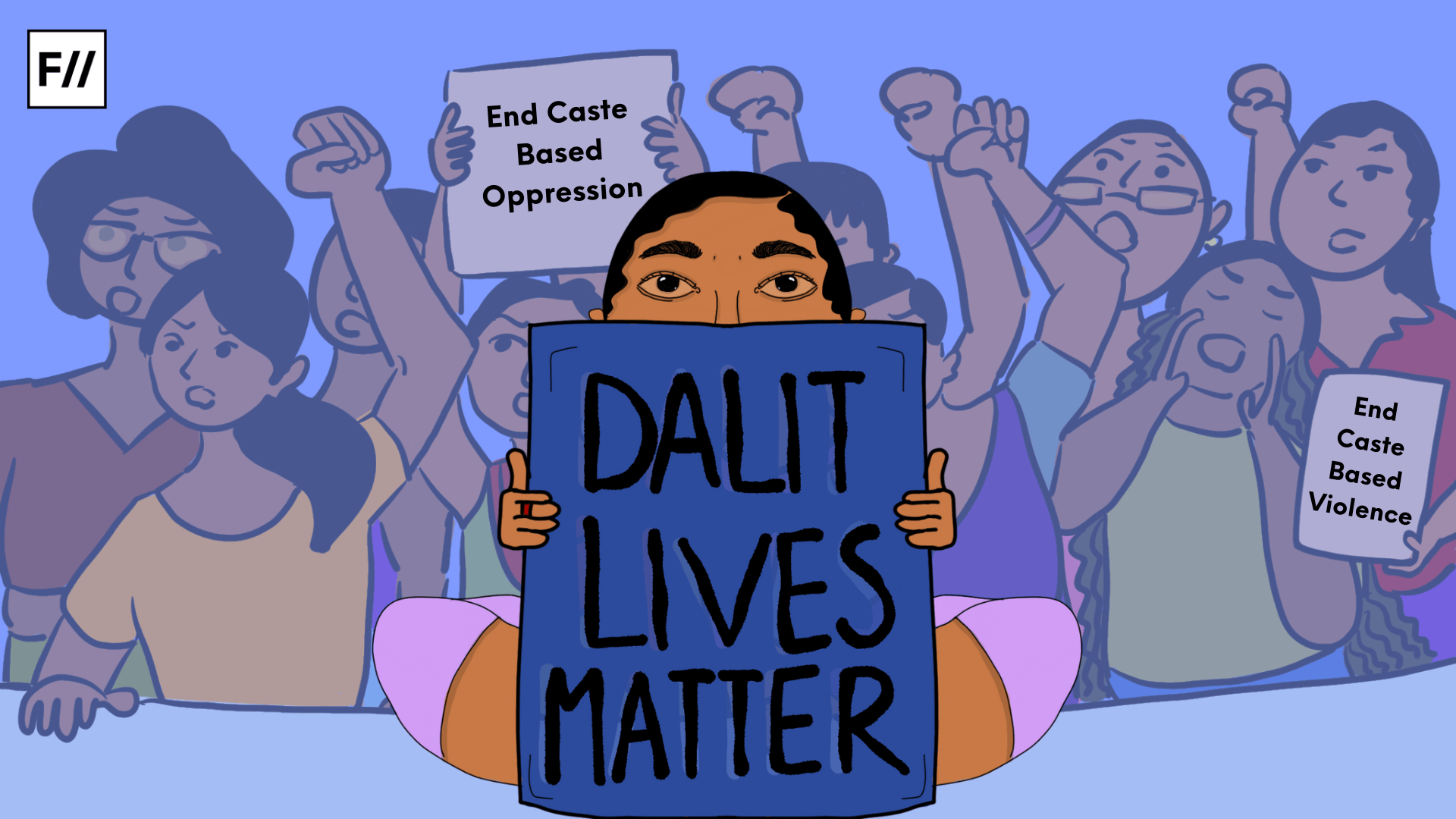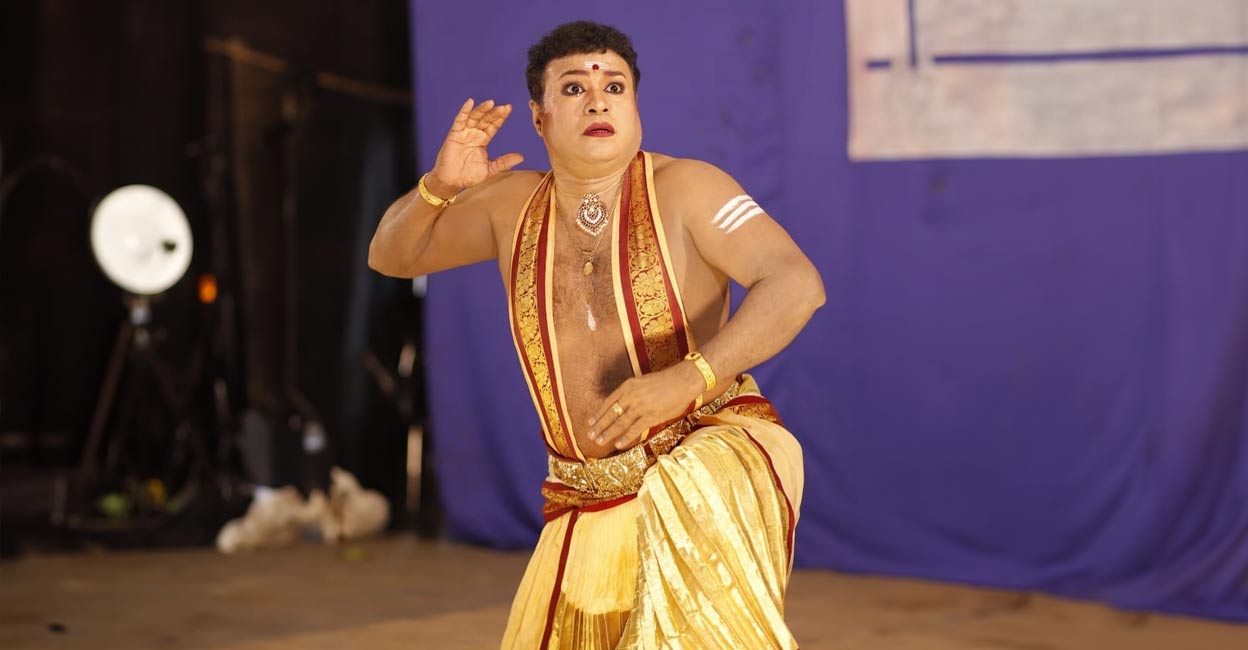Posted By Geetika Sharma
Last week, a video of the daughter of an Uttar Pradesh BJP MLA, went viral on social media. In the video, Sakshi Mishra, daughter of Rajesh Mishra, the MLA from Bithari Chainpur constituency of Bareilly district, alleged that her father and his goons were out to kill her because she married a Dalit man by her own will. In the video message, Sakshi Mishra and her husband confessed that they were tired of being on the run, and appealed to the police to ensure their safety. The BJP legislator denied all the allegations made by his daughter, and told the media that it wasn’t the caste that he objected to, but the age gap and low income of her husband.
It is not the first time that the Right to Marry of an Indian woman has been infringed. This is a vital right which falls within the scope of the Right to Life enshrined in Article 21 of India’s Constitution. Though it is a fundamental right, only a few Indian women are privileged enough to exercise it. Society has repeatedly smothered the choice of women to marry the people they want, all in the name of honour. A marriage is considered to be legitimate only if it is socially supported, and follows conservative values upheld by society.
Women, like Sakshi Mishra, who are in inter-caste and inter-faith marriages are exposed to extreme torture and coercion at the hands of their families and communities. A few months back, a newly-wed couple in Maharashtra’s Ahmednagar was set on fire for marrying outside their caste. So deeply ingrained is the caste prejudice, that anyone who transgresses caste boundaries is eliminated.
It is not the first time that the Right to Marry of an Indian woman has been infringed. This is a vital right which falls within the scope of the Right to Life enshrined in Article 21 of India’s Constitution.
Honour-based violence is the most pervasive form of gender violence. Society has an inflexible attitude towards the sexuality of women, and every time a woman chooses for herself, she is silenced by abuse. These zealous protectors of centuries-old order are unapologetic and unashamed of the violence they commit, as they believe themselves to be the righteous defenders of traditional values. Though honour-killing is illegal in India, most of the police officers and lawmakers are either too lenient towards the perpetrators, or are themselves killing in the name of honour.
Hindu society is selective in its dislike for inter-caste marriages. It is hardly ever the case that an upper-caste man is threatened for marrying a lower caste woman. It is believed that a woman will gain if she marries a higher caste man, but will pollute her blood, if she marries a socially inferior man. The reason for this lies in the profoundly patriarchal notion that men are inherently superior to women.
Women are told to have obedience as their main virtue, and maintaining family honour as their ultimate duty. They are expected to sacrifice their individuality and unquestioningly accept moral policing. If they breach this rigid code of honour, they are shamed for maligning the respectability of the family and the community. In India, this ‘respectability’ is lost the moment, an adult female enters in a premarital relationship. Even the educated sections of society that claim to be ‘progressive’ find it unsettling, when a woman exerts her autonomy.
So deeply ingrained is the caste prejudice, that anyone who transgresses caste boundaries is eliminated.
Adult females are infantilised their entire lives, for they are thought of as incapable of making a rational decision on their own. When making a crucial decision of choosing a life partner, women are considered too naive to take that decision. Several people on social media found Rajesh Misra’s clarification (that it’s not the caste that he’s concerned about but the age-difference and low-income of her husband) as justified. This proves the authoritarian parenting style prevalent in India, and especially common in the case of girl children. Why can’t women be set free to think for themselves and live by their choices?
Also read: The Dharmapuri Caste Violence of 2012 | #DalitHistoryMonth
There is a devastating gap between rights provided in the constitution and the reality on the ground. Marriage is a significant societal marker, and the way marriages take place within a community determines how harmonious society is. It becomes imperative then to promote inter-caste and inter-faith marriages, and protect couples and children born out of such marriages.
Inter-caste marriage was also one of the three recommendations made by Dr Bhim Rao Ambedkar to annihilate the caste system. According to him, the caste system will be pulled up by its roots the day we put an end to the endogamous system of marriages. In his famous undelivered speech, Annihilation of Caste, Dr Ambedkar said,
“I am convinced that the real remedy is inter-marriage. Fusion of blood can alone create the feeling of being kith and kin, and unless this feeling of kinship, of being kindred, becomes paramount, the separatist feeling — the feeling of being aliens — created by caste will not vanish. Where society is already well-knit by other ties, marriage is an ordinary incident of life. But where society is cut asunder, marriage as a binding force becomes a matter of urgent necessity. The real remedy for breaking caste is inter-marriage. Nothing else will serve as the solvent of caste.”
Also read: Violence Against Dalit Women: How Caste Intersects With Gender-based Violence
It is therefore essential to preserve Right to Marry of people as individual harmony ultimately converts into social harmony.
Geetika is an English Literature graduate who likes to learn different art forms and wishes to create a social impact.
Featured Image Source: Scroll





THIS IS THE BEST ARTICLE I’VE EVER READ. SO PRECISE AND GETS THE POINT ACROSS WITHOUT BEING TO DIDTRACTING.